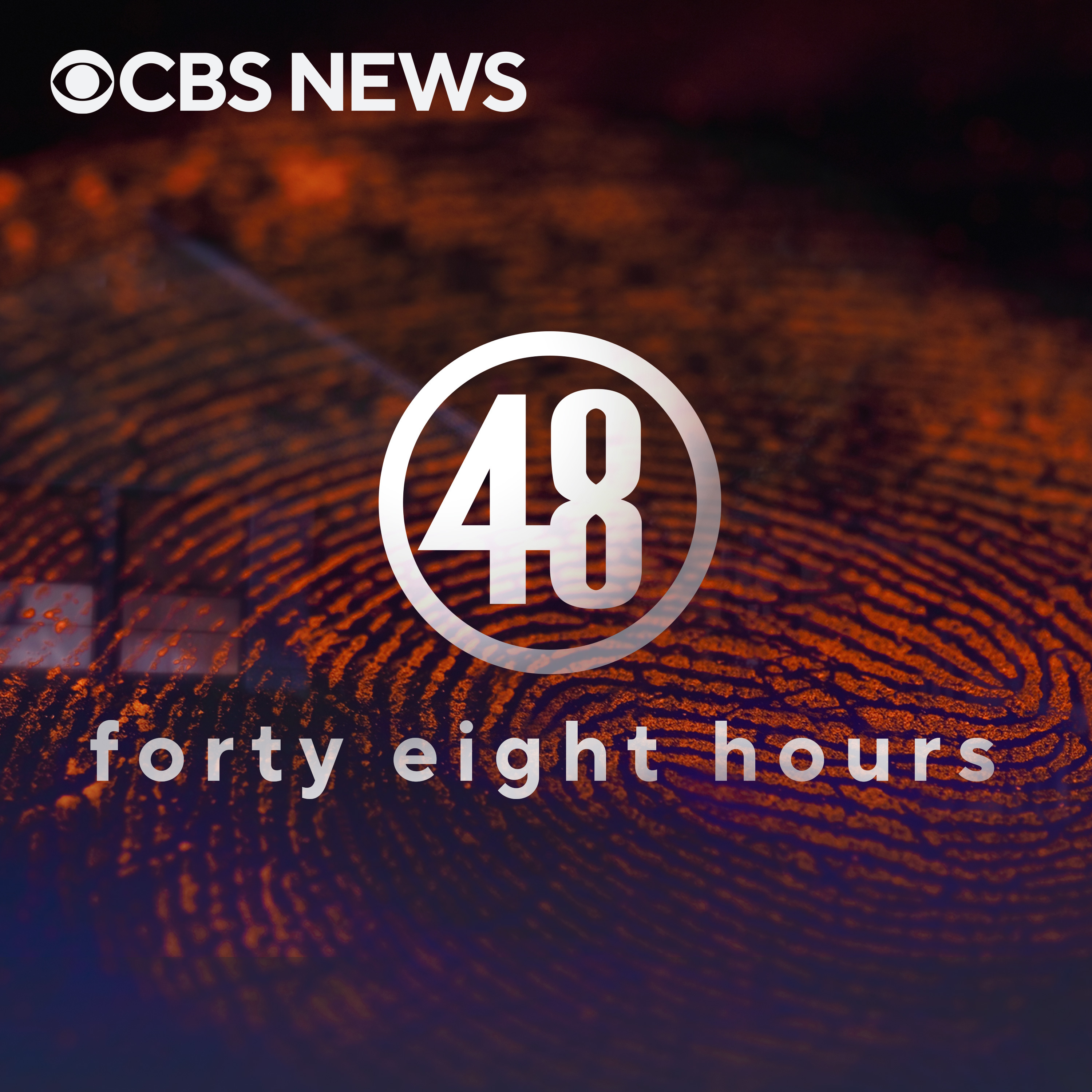
Deep Dive
Why was Bob Fratta considered the prime suspect in his wife Farah's murder despite having an alibi?
Bob Fratta was considered the prime suspect because he was in the midst of a contentious divorce with Farah, and investigators believed he had a motive. Although he had an alibi—being at church with their three children—police found evidence suggesting he orchestrated the murder, including $1,000 in his glove compartment, which they suspected was payment for a hitman. Additionally, multiple witnesses testified that Fratta had solicited people to kill his wife.
What role did Mary Gipp play in the investigation of Farah Fratta's murder?
Mary Gipp was a key witness in the case. Her live-in boyfriend, Joseph Prystash, was allegedly hired by Bob Fratta to arrange the murder. Gipp initially refused to cooperate with police but later testified after being granted immunity. She revealed that Prystash hired Howard Guidry as the shooter and provided details about the murder plot, including the use of her cell phone to communicate with Fratta. Gipp also copied the serial number of the gun used in the murder, which linked it to Fratta.
How did Bob Fratta's children cope with their mother's murder and their father's involvement?
Bob Fratta's children struggled deeply with their mother's murder and their father's role in it. Amber, the youngest, cried hysterically for her mother every night, while Daniel expressed anger and resentment toward his father. Bradley, the eldest, testified against his father in court but admitted he wasn't entirely convinced of his guilt. The children faced emotional trauma, jealousy of peers with intact families, and ongoing fear of their father's potential release.
What evidence led to Bob Fratta's conviction in his second trial?
In the second trial, key evidence included phone records showing Fratta's calls to Mary Gipp and Joseph Prystash around the time of the murder, the gun used in the crime traced back to Fratta, and testimony from multiple witnesses who claimed Fratta had solicited them to kill his wife. Despite the exclusion of earlier confessions and some hearsay evidence, prosecutors successfully presented a strong case that convinced the jury of Fratta's guilt.
Why was Bob Fratta's first conviction overturned, and what challenges did prosecutors face in the retrial?
Bob Fratta's first conviction was overturned because a federal judge ruled that key evidence, including confessions from his co-conspirators and Mary Gipp's testimony, was improperly admitted. This left prosecutors with fewer tools to build their case in the retrial. They had to rely on phone records, the gun's serial number, and witness testimony about Fratta's solicitations to kill his wife, making the case more challenging to prove.
What was the final outcome of Bob Fratta's legal case?
Bob Fratta was convicted of capital murder in his second trial and sentenced to death. Despite multiple appeals and legal challenges, the conviction was upheld, and Fratta was executed in January 2023. His children, particularly Amber, expressed relief and a sense of justice, though they continued to grapple with the emotional scars of their mother's murder and their father's actions.
Shownotes Transcript
In November of 1994, Farah Fratta was discovered dead in the garage of her Texas home. She had been shot twice in the head. At the time, Farah was in the midst of a divorce with her husband, Bob Fratta. Bob was an upstanding citizen, who worked in public safety as both a police officer and a fireman. But divorce documents were about to make his dark side public. To investigators, Bob was the likeliest suspect in his wife’s murder, but he had a seemingly airtight alibi: he was at church with their three children at the time of Farah's death. “48 Hours" correspondent Richard Schlesinger reports. This classic "48 Hours" episode last aired on 02/05/2011. Watch all-new episodes of “48 Hours” on Saturdays, and stream on demand on Paramount+.
See Privacy Policy at https://art19.com/privacy) and California Privacy Notice at https://art19.com/privacy#do-not-sell-my-info).